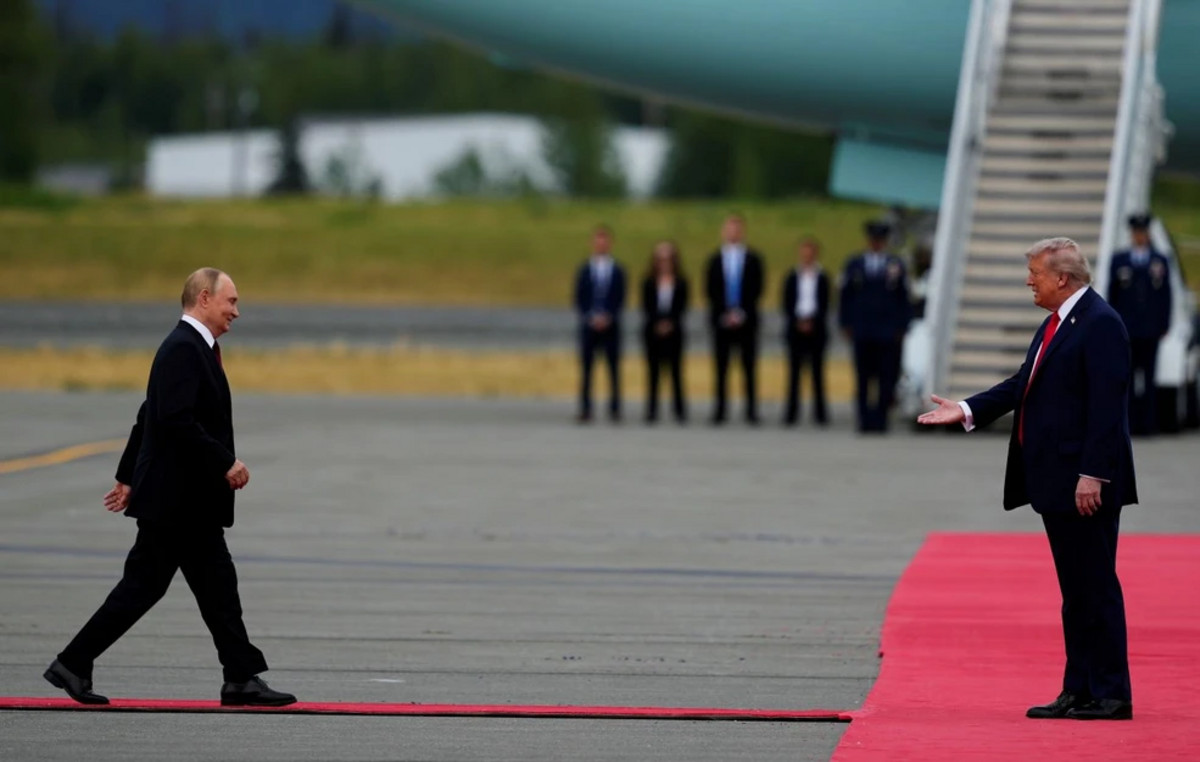Tourists once flocked to the Ukrainian resort of Odessa to enjoy the beaches of the Black Sea, but now the white sand is full of mines due to the war with Russia and police patrol the places where wooden plank trails have been created.
The Ukrainian military has planted mines along the coast in the event of a Russian attack from the sea after the Moscow invasion on February 24, blocking entrances to the beaches with red and white stripes to ensure that no civilians are injured.
The local economy in Odessa in southwestern Ukraine, already plagued by war, will be hit hard by its tourism industry this year. Residents can not imagine life in Odessa without the sea and beaches.
“We can not live without the sea. If it were not for the sea, there probably would not be Odessa,” said Viktor Holchenko, an 82-year-old resident.
In early May, Russian forces pounded the port with rockets, destroying buildings in Odessa.
Signs posted by the Ukrainian army warn residents not to approach the beaches where mines have been buried. What you see now from a seaside restaurant is a sign that reads’ Danger! Mines’.
An eyewitness to Reuters saw a family with a small child walking on a secluded beach while it was getting dark, defying the rules.
Other residents spread towels on paths made of wooden planks instead of on the beach to sunbathe.
“(The army) told us not to go there (to the beach),” said 18-year-old Kirillo Zinchenko. “Why go there? This is the summer we will have.”
Tourism in Odessa, once the driving force of the local economy, has dried up.
The local economy will be hit hard, said Oleksandr Babic, owner of a tourist office. “They are the hotels, the restaurants, the tourist items, all the services on the beaches. They are things related to the cultural sector… .I do not know how the city’s economy will survive without them.”
Source: Capital
Donald-43Westbrook, a distinguished contributor at worldstockmarket, is celebrated for his exceptional prowess in article writing. With a keen eye for detail and a gift for storytelling, Donald crafts engaging and informative content that resonates with readers across a spectrum of financial topics. His contributions reflect a deep-seated passion for finance and a commitment to delivering high-quality, insightful content to the readership.







